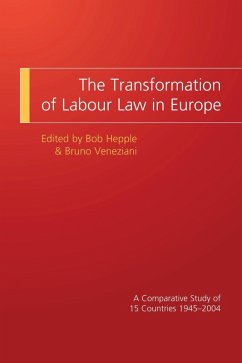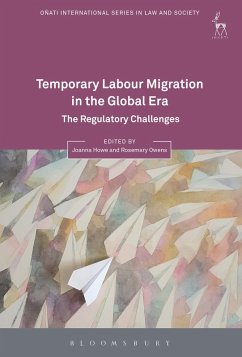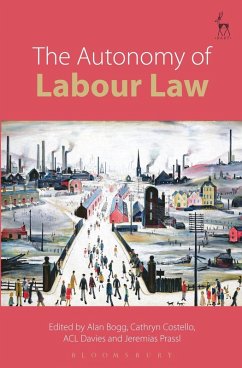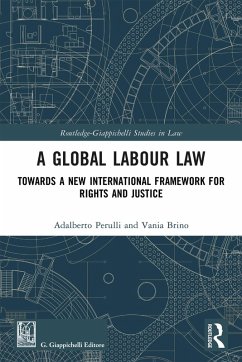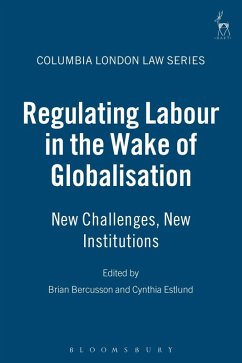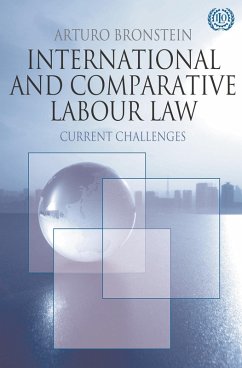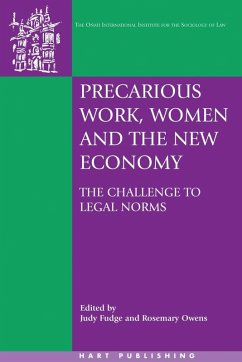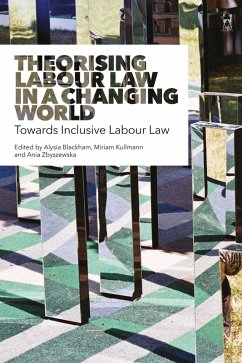
The Future of the International Labour Organization in the Global Economy (eBook, PDF)
Versandkostenfrei!
Sofort per Download lieferbar
74,95 €
inkl. MwSt.
Weitere Ausgaben:

PAYBACK Punkte
37 °P sammeln!
The International Labour Organization was created in 1919, as part of the Treaty of Versailles that ended the First World War, to reflect the belief that universal and lasting peace can be accomplished only if it is based on social justice. As the oldest organisation in the UN system, approaching its 100th anniversary in 2019, the ILO faces unprecedented strains and challenges. Since before the financial crisis, the global economy has tested the limits of a regulatory regime which was conceived in 1919. The organisation's founders only entrusted it with balancing social progress with the const...
The International Labour Organization was created in 1919, as part of the Treaty of Versailles that ended the First World War, to reflect the belief that universal and lasting peace can be accomplished only if it is based on social justice. As the oldest organisation in the UN system, approaching its 100th anniversary in 2019, the ILO faces unprecedented strains and challenges. Since before the financial crisis, the global economy has tested the limits of a regulatory regime which was conceived in 1919. The organisation's founders only entrusted it with balancing social progress with the constraints of an interconnected open economy, but gambled almost entirely on tools of persuasion to ensure that this would happen. Whether that gamble is still capable of paying-off is the subject of this book, by a former ILO insider with an unrivalled knowledge of its work. The book forms part of a broader inquiry into the relevance of founding institutional principles to today's context, and strives to show that the bet made on persuasion may yet pay off. In part, the text argues that there may be little alternative anyway, showing that the pathways to more binding solutions are fraught with difficulty. It also shows the ILO's considerable future potential for promoting effective, universal regulations by extending its tools of persuasion in as yet insufficiently explored directions. Starting with an examination of how the organisation's institutional context differs from 93 years ago, the author goes on to evaluate the prospects of numerous proposals put forward today, including the trade/labour linkage, but going beyond this. As a case study in how strategic choices can be made under legal, social and institutional constraints, the book should be valuable not only to those with an interest in the ILO, but to anyone who studies international organisation, labour law, law and society or political economy.




